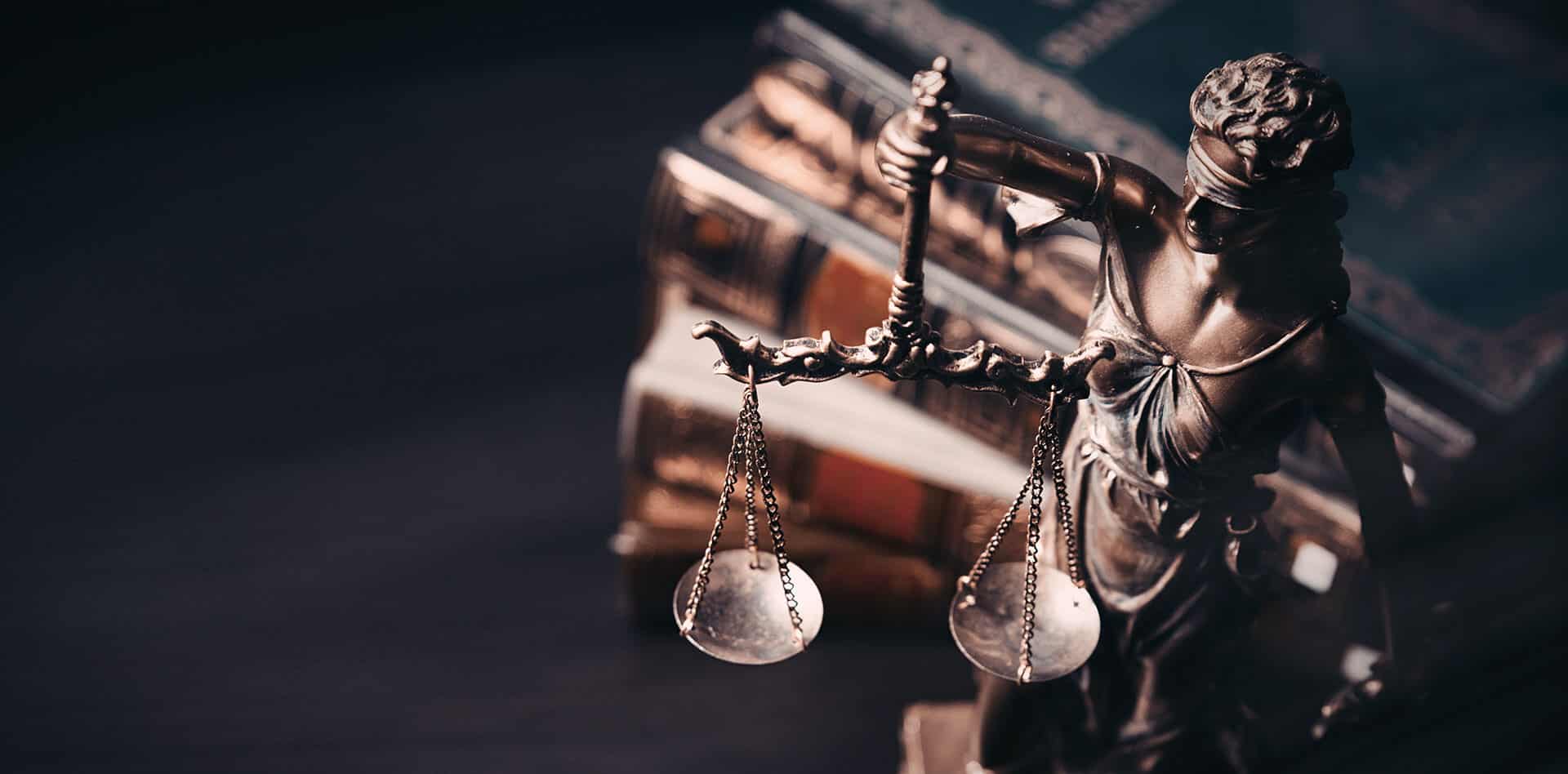
Written by Jonathan Breeden
Divorcing a cheating spouse raises a lot of questions, like can their affair influence your divorce?
The truth is that in North Carolina it depends. There are some fault-based grounds for legal separation under North Carolina General Statutes (NCGS) Chapter 50. You can use adultery, abandonment, intolerable indignities, and a few other reasons to pursue a “divorce from bed and board” under NCGS 50-7. This type of divorce is a court-ordered separation; however it doesn’t end the marriage.
Under NCGS 50-6, a marriage can be dissolved by either party if they have lived apart for one year. You don’t have to prove your spouse cheated to legally end a marriage. But, establishing their infidelity in court can matter. An affair could impact alimony, the division of property, child custody, and child support.
To learn more about divorcing a cheating spouse in North Carolina, contact Breeden Law Office. Attorney Jonathan Breeden has over 20 years of experience guiding individuals divorces involving infidelity. With offices in Raleigh, Garner, Angier, and Smithfield, call (919) 661-4970 or contact us online to set up an appointment.
Under NCGS 50-16.3A, if a judge finds the supporting spouse (the spouse who makes the most money) had an illicit sexual relationship during the marriage and before the separation date, then they may order alimony to the dependent spouse. This is why it’s essential to firmly establish that your spouse had a sexual relationship with someone else while you were married. If the Judge finds that the dependant spouse, the spouse seeking alimony, had an illicit sexual relationship during the marriage, then the Judge almost certainly will not award alimony.
The judge usually doesn’t consider infidelity for dividing property. Unless, however, an affair impacted the marital finances. If your spouse used commingled money or racked up credit card debt leading an extramarital relationship, this could change how the judge divides the assets and debts.
The judge decides custody based on the best interests of your children. An affair doesn’t usually warrant a loss of custody. But a parent’s extramarital relationship might impact what is best for the children.
The judge might believe the parent who had an affair isn’t as stable or responsible as the other parent. They might think the parent’s continued relationship with the third party isn’t appropriate for the children to be around. These factors could influence one parent receiving a more significant amount of custody than the other.
If you think your spouse has been unfaithful, take a moment to reflect. Consider your feelings and your relationship. Do you want to continue with the marriage or file for divorce? If you feel the marriage is over, contact an attorney straight away.
Only talk with your spouse about the affair if you hope to stay married. Set aside time to sit down with your spouse and raise your concerns. Tell them why you have your suspicions. Ask for a truthful response. Your spouse will either admit or deny the affair.
You have to decide whether to trust your spouse or look for proof of infidelity.
There are ways to gather evidence of cheating, but there are things you shouldn’t do. Don’t try to hack into your spouse’s phone, email, or social media accounts. Even if you’re successful, you probably obtained the information unlawfully unless you already knew the passwords. You may not be able to use it in court. Also, don’t follow your spouse, track them on GPS, or unexpectedly confront them in public.
If you want direct proof, hire a private investigator (PI) licensed by the North Carolina Department of Justice. To get a PI license, the person must be at least 18 years old, have a high school diploma or equivalent, be a U.S. citizen or permanent resident, and be of good moral character. They must have at least three years of experience conducting investigations through the military, a law enforcement agency, a government agency, a contract security company, or another private person or business, or obtained an associate’s license and train under a licensed PI.
A PI will conduct photo and video surveillance and legally obtain evidence of an affair. The PI also can testify in court regarding how they got the proof. Since they’re not a relative, friend, or colleague of you or your spouse, they’re an unbiased source of information.
Proving your husband or wife cheated can be hard. Circumstantial evidence isn’t enough. Even if you lawfully obtain messages between your spouse and another person, they could say they chose not to go through with it. Messages that include flirting, sexting, or setting up meetings don’t necessarily prove that your spouse had a physical, sexual relationship outside the marriage. They can help you show that your spouse had a motive and opportunity to cheat which can be very helpful in Court. Photos or videos of your spouse’s interactions with the other person are more persuasive evidence.
Work with an attorney at Breeden Law Office to determine how cheating could impact your divorce and, when necessary, find direct evidence of an affair.
Use the online form or call (919) 661-4970 to schedule a consultation.